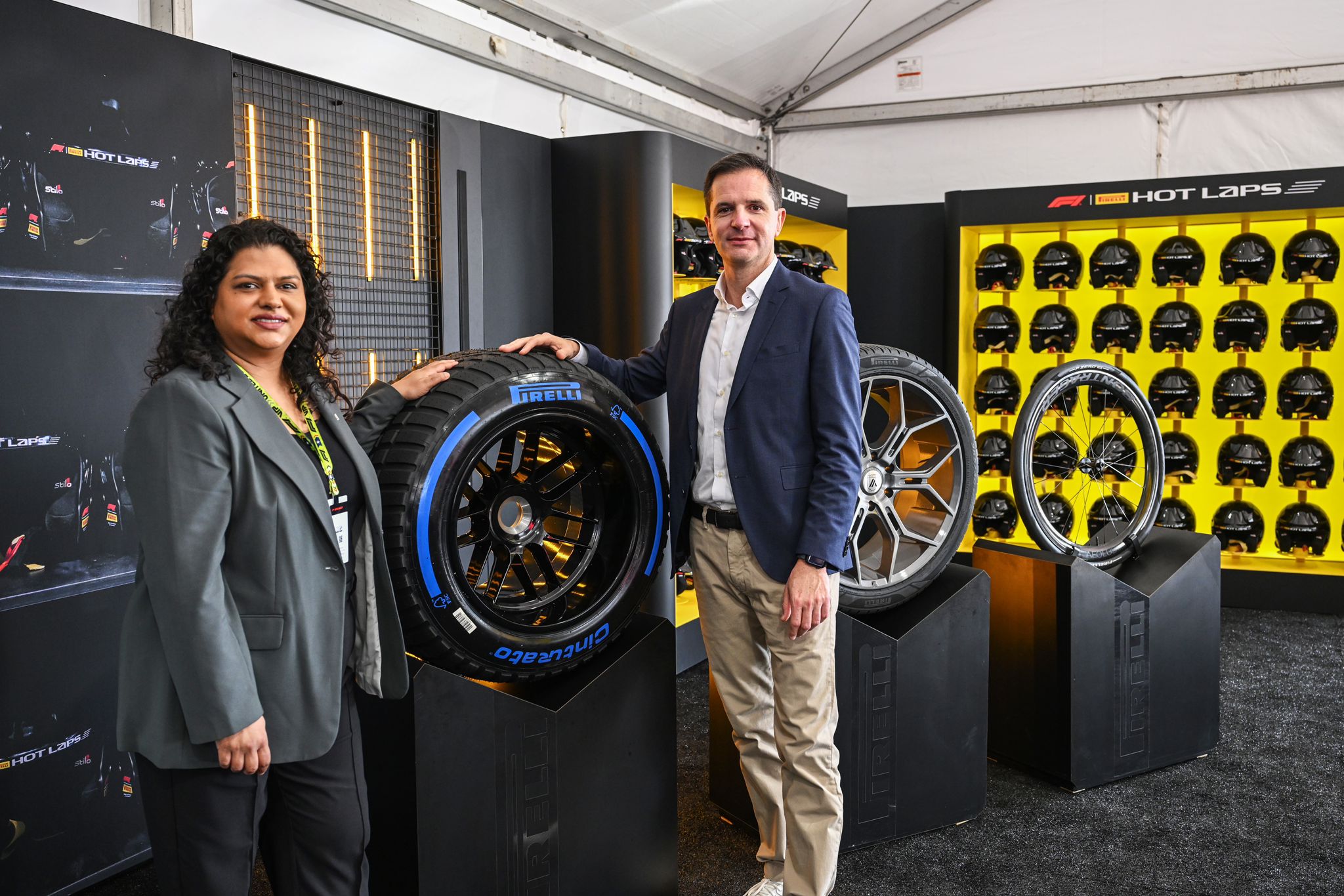Poseidon Nickel has made significant progress towards the restart and expansion of its Black Swan project in WA.
The project is located 300km south of the company’s Windarra nickel project and, when operational, will make the Poseidon Australia’s next nickel sulphide producer.
The nickel miner reported that offtake and project debt financing arrangements are well advanced, with draft documentation received and currently being negotiated.
The project has received environmental works approval, with the mining proposal expected to be approved later this year.
However, due to the unexpected results of disseminated test work, Poseidon has indicated that further metallurgical studies are necessary to accurately forecast life of mine.
It is not the only the only hiccup that Poseidon has faced on the road to restarting Black Swan.
“While the team has made solid progress advancing the project towards the restart, we have been advised that grid power will not be available at site until late 2024,” Poseidon Nickel chief executive officer Peter Harold said.
“In addition, we have determined from the recent confirmatory drilling and updated resource model that further metallurgical test work is required to confirm the recoveries used in the feasibility study for the disseminated open pit ore.
“These project related factors together with the continuing tightness in the WA labour market, the lack of the availability of Kalgoorlie fly-in, fly-out (FIFO) accommodation, and the increased volatility in global commodity and equity markets have resulted in us deferring the black swan restart decision.”
Harold says he expects market volatility to abate in 2024, at which time the company will make a decision regarding black swan.
“Our primary aim remains to restart black swan as soon as it is feasible to do so. In the meantime, we will continue to add value for shareholders by completing the black swan expansion project prefeasibility study and undertake further exploration drilling.”
While the restart decision has been deferred, Poseidon is continuing its expansion of black swan with the goal of processing 2.2 million tonnes per annum of nickel into a rougher concentrate. Metallurgical studies are continuing to determine the optimal rougher concentrate grade and metallurgical recovery to encourage offtake agreements. Results from this test work is expected in the September quarter, with a prefeasibility study due later in the year.
On the exploration front, the company has identified massive sulphide targets which it intends to drill test.
The black swan project first commenced operations in 1997 and ran until 2008. Over the course of its life, it produced roughly 179 kilotonnes of nickel concentrate.




